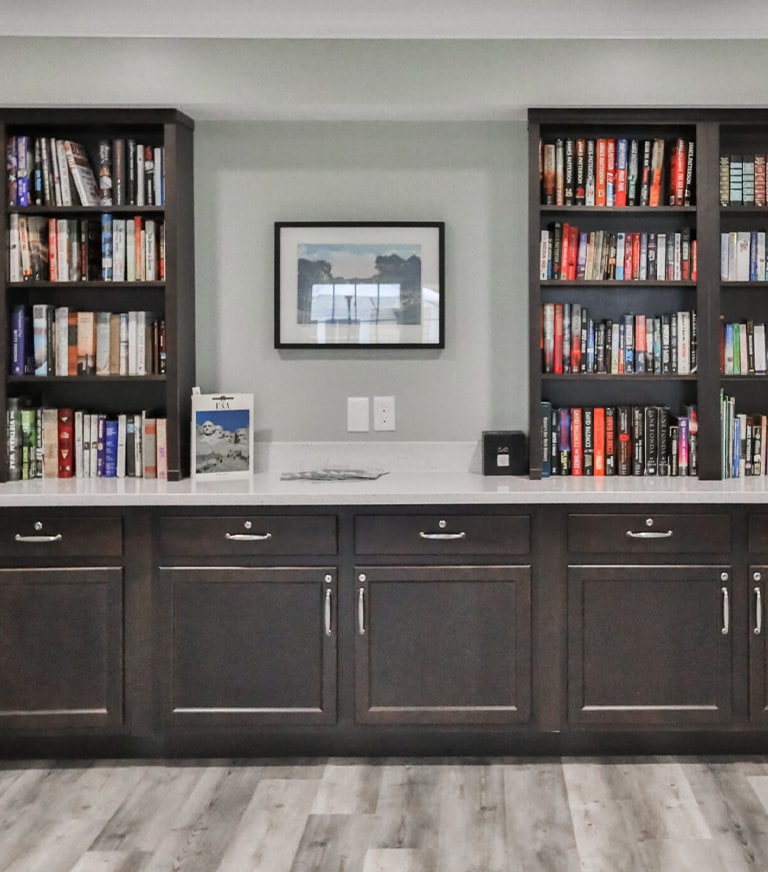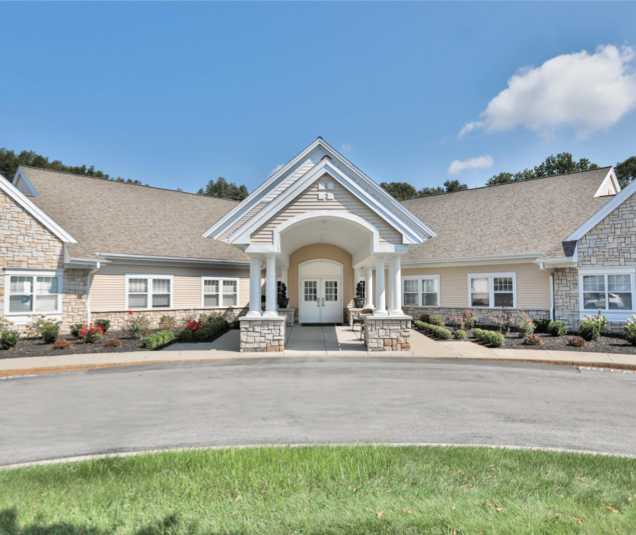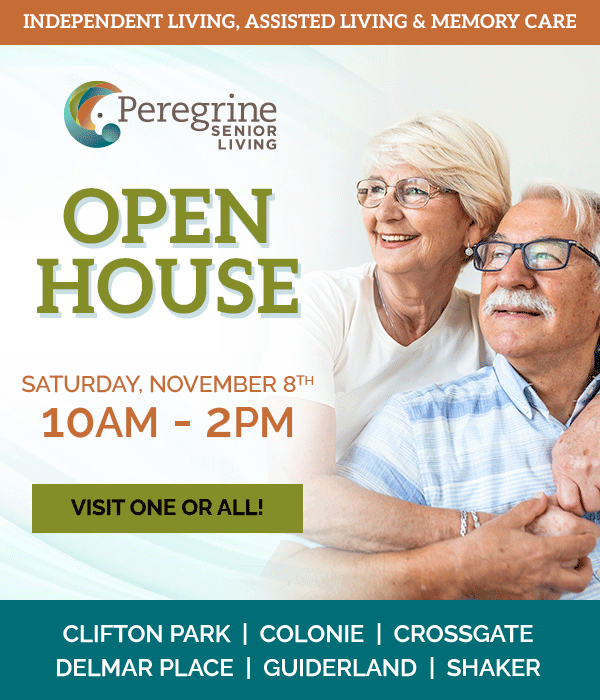Music has a remarkable way of reaching people, often bypassing the barriers created by memory loss or cognitive decline. For seniors living with dementia, it offers more than entertainment. It provides a pathway to connection, comfort, and clarity.
Through rhythm, familiar melodies, and meaningful lyrics, music therapy stimulates long-term memory, reduces agitation, encourages movement, and supports emotional expression—even when words are hard to find. Whether it’s swaying to a favorite song, singing with others, or simply listening in a quiet moment, music can awaken the senses and bring joy to everyday life.
As part of a holistic approach to both memory care and dementia care, music therapy helps individuals feel more grounded, engaged, and at peace, no matter where they are in their journey.
What Is Dementia?
Dementia is a condition that causes progressive changes in how the brain works, especially in areas related to memory, reasoning, language, and behavior. Unlike occasional forgetfulness, dementia interferes with everyday life, making once-simple tasks increasingly difficult over time.
Alzheimer’s disease is the most widely known form, but dementia can also result from strokes (vascular dementia), changes in brain proteins (Lewy body dementia), or degeneration in specific brain regions (frontotemporal dementia). Each type presents differently, but all forms involve a gradual decline in cognitive function.
While there’s no cure for dementia, early diagnosis and supportive care can make a significant difference. Therapies that focus on comfort, routine, and connection—like music therapy—can help individuals stay engaged, reduce stress, and experience joy, even as memory and communication abilities change.
What Is Music Therapy?
Music therapy is a research-based practice led by trained professionals who use music intentionally to address physical, emotional, cognitive, or social needs. In both memory care and dementia care, music therapy sessions may include:
- Live music performances
- Guided singing or vocal exercises
- Listening to curated playlists
- Playing instruments
- Songwriting or lyric discussion
- Rhythm and movement activities
Therapists tailor each session to the needs and abilities of the individual or group, adjusting tempo, tone, and activity style to ensure comfort and engagement.
It’s important to note that while any use of music can be helpful, formal music therapy is structured with therapeutic goals in mind, making it more effective for addressing specific behavioral or emotional challenges.
Why Music Matters in Dementia Care
Dementia affects different parts of the brain, including those related to language, memory, and decision-making. But the area of the brain that processes music remains relatively intact until the later stages of the disease. This means that people living with dementia can still respond positively to rhythm, melody, and lyrics—often even after they’ve lost the ability to speak or recognize loved ones.
Music has the power to bypass damaged pathways and tap into emotional memory, offering moments of familiarity and connection that can feel truly transformative.
The Therapeutic Benefits of Music
Reducing Anxiety & Agitation
Many individuals with dementia experience confusion, frustration, and restlessness, especially during transitional times of day. Music therapy can be used as a calming technique to help soothe anxiety and promote relaxation.
Playing soft, familiar music in the background during daily routines, such as bathing or bedtime, can reduce resistance and make transitions feel more peaceful. Upbeat songs during the day can also lift spirits and energize residents when motivation is low.
Triggering Long-Term Memory
One of the most striking effects of music therapy is its ability to evoke memories. Songs from a person’s youth or early adulthood can trigger vivid recollections and bring a sense of self into focus. Even residents who may no longer recognize family members often light up when they hear a song they loved decades ago.
These moments of recognition can lead to conversation, storytelling, and a renewed connection with others, making music a powerful tool for reminiscence therapy.
Supporting Communication
As dementia progresses, verbal communication becomes more difficult. Music offers an alternative way to express feelings, thoughts, and identity. Residents who struggle to form sentences may still be able to sing entire verses of a beloved song, hum a melody, or tap along in rhythm.
This form of expression can be incredibly validating, helping individuals feel seen, heard, and included, even if they cannot articulate their needs in traditional ways.
Encouraging Social Engagement
Group music sessions bring residents together in a shared experience that fosters community and joy. Whether it’s clapping along, singing in a circle, or participating in a drumming activity, music can reduce feelings of isolation and create space for meaningful interaction.
Even those who prefer not to participate directly often enjoy being present, watching others, and absorbing the uplifting energy of the session.
Improving Mood & Enhancing Well-Being
Music naturally stimulates the release of dopamine, the “feel-good” chemical in the brain. This can lead to improved mood, reduced depression, and a greater sense of well-being for seniors with dementia.
Music also encourages movement—nodding, swaying, or dancing—all of which promote circulation, relaxation, and mind-body connection.

Everyday Ways to Use Music
Even outside of structured therapy sessions, caregivers can incorporate music into daily routines in meaningful ways:
- Start the day with a favorite upbeat song to energize the morning.
- Play calming music during meals to create a peaceful environment.
- Use music to cue transitions, such as preparing for a bath or nap.
- Sing along together, even if the words are imperfect—it’s about connection, not performance.
- Create a memory playlist of songs that reflect important milestones or emotions.
These simple musical moments can help reinforce routine, reduce stress, and make caregiving feel more joyful and connected.
Spark Connection & Joy at Peregrine Clifton Park
Dementia may affect memory, speech, and routine, but it doesn’t erase the ability to feel, to respond, or to connect. Music therapy helps bring those abilities forward, creating meaningful moments in even the most advanced stages of memory loss. That’s why our memory care program incorporates music into everyday life—from curated playlists and sing-alongs to group sessions led by experienced professionals.
Music is more than background noise—it’s a vital thread of connection woven through our care.
Schedule a visit today to learn how memory care at Peregrine Senior Living at Clifton Park supports well-being through the healing power of music.











Live music with Doug this afternoon🎶🎤 ... See MoreSee Less
0 CommentsComment on Facebook
We love to stay active with one of favorite games! Balloon Volleyball! 🎈 ... See MoreSee Less
1 CommentsComment on Facebook
Getting an early start on our Valentines Day Crafts🩷❤️ ... See MoreSee Less
1 CommentsComment on Facebook
Today, we honor the life and legacy of Dr. Martin Luther King Jr.—a leader whose message of equality, compassion, and courage continues to inspire us all.
His dream reminds us that even small acts of kindness can ripple outward and create lasting change.
May we carry his vision forward by leading with empathy, listening with understanding, and building communities grounded in love and unity.
peregrinecliftonpark.com/ ... See MoreSee Less
0 CommentsComment on Facebook
Happy Friday! Today we got out to the 9am mass service at Saint Edward’s the confessor church and finished the morning off with breakfast to our local IHOP 🥞 ... See MoreSee Less
1 CommentsComment on Facebook
Winter crafting projects ❄️☃️ ... See MoreSee Less
1 CommentsComment on Facebook
On site cookie class with 518 Sweets🍪😊 ... See MoreSee Less
2 CommentsComment on Facebook